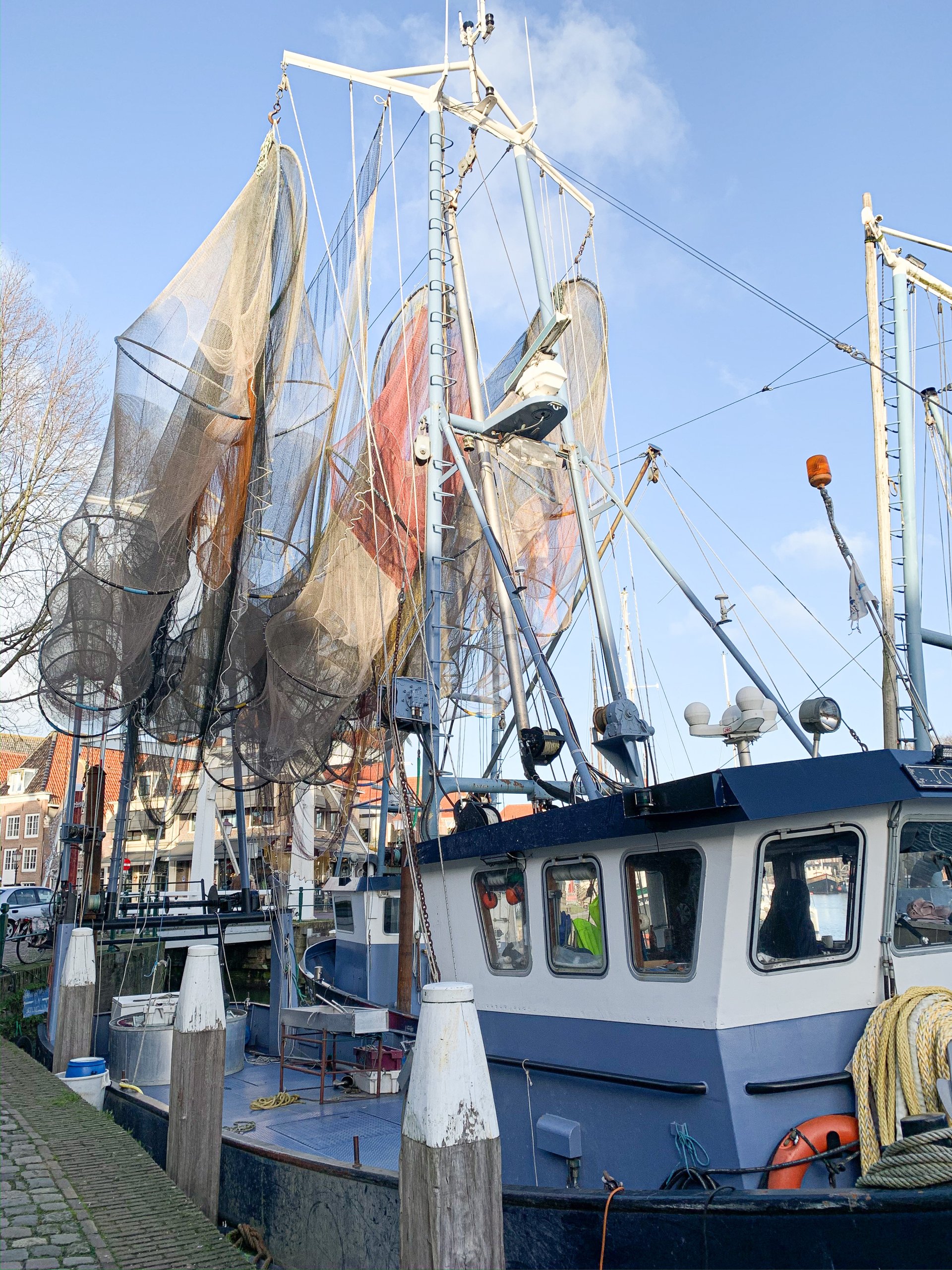Effective governance is crucial for translating knowledge around fisheries into the implementation of Ecosystem Based Fisheries Management (EBFM). In Europe to date, a lack of cooperation and coordination between the EU, national, and regional governance structures has hampered the implementation of EU legislation intended to achieve more sustainable outcomes for fisheries. As a result, fisheries management in the region continues to struggle to achieve established ecological and social objectives.
In this report, our Social and Economic Effects of and on Fishing theme provides a foundation to increase understanding of how effective EU fisheries governance currently is, when judged according to EBFM. The report also sets out a research plan for identifying opportunities to improve fisheries governance and therefore the likelihood of successful implementation of EBFM in Europe.

Drawing on existing knowledge and research undertaken across the EU and key lessons from the understanding of governance, we’ve outlined a new set of definitions and criteria designed to support effective fisheries governance across the EU:
Building upon these definitions and criteria, we then set out a framework of attributes and indicators that may be used in evaluating the effectiveness of fisheries governance at both the regional seas level (i.e. the SEAwise Case Study regions) and the sub-regional level (e.g. the Bay of Biscay within the Western Waters). These attributes and indicators include:
The report provides a research plan for further study into the effectiveness of, and potential for improving, governance at the regional and sub-regional level in the SEAwise case study regions. Analysis will result in recommendations on how the effectiveness of governance could be improved in order to help provide the conditions needed for successful implementation of EBFM.
Read the full report here.
Stay up to date with SEAwise news and research, hear about upcoming events, and receive updates on fisheries news from across the European seascape.